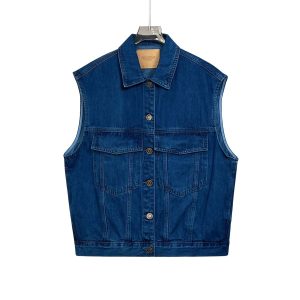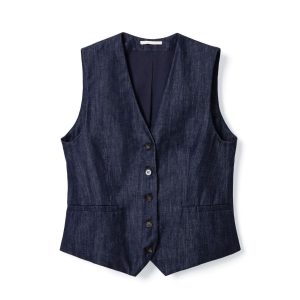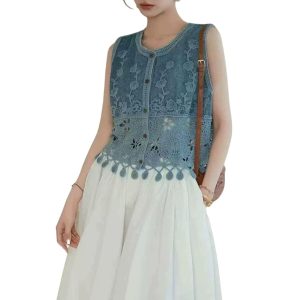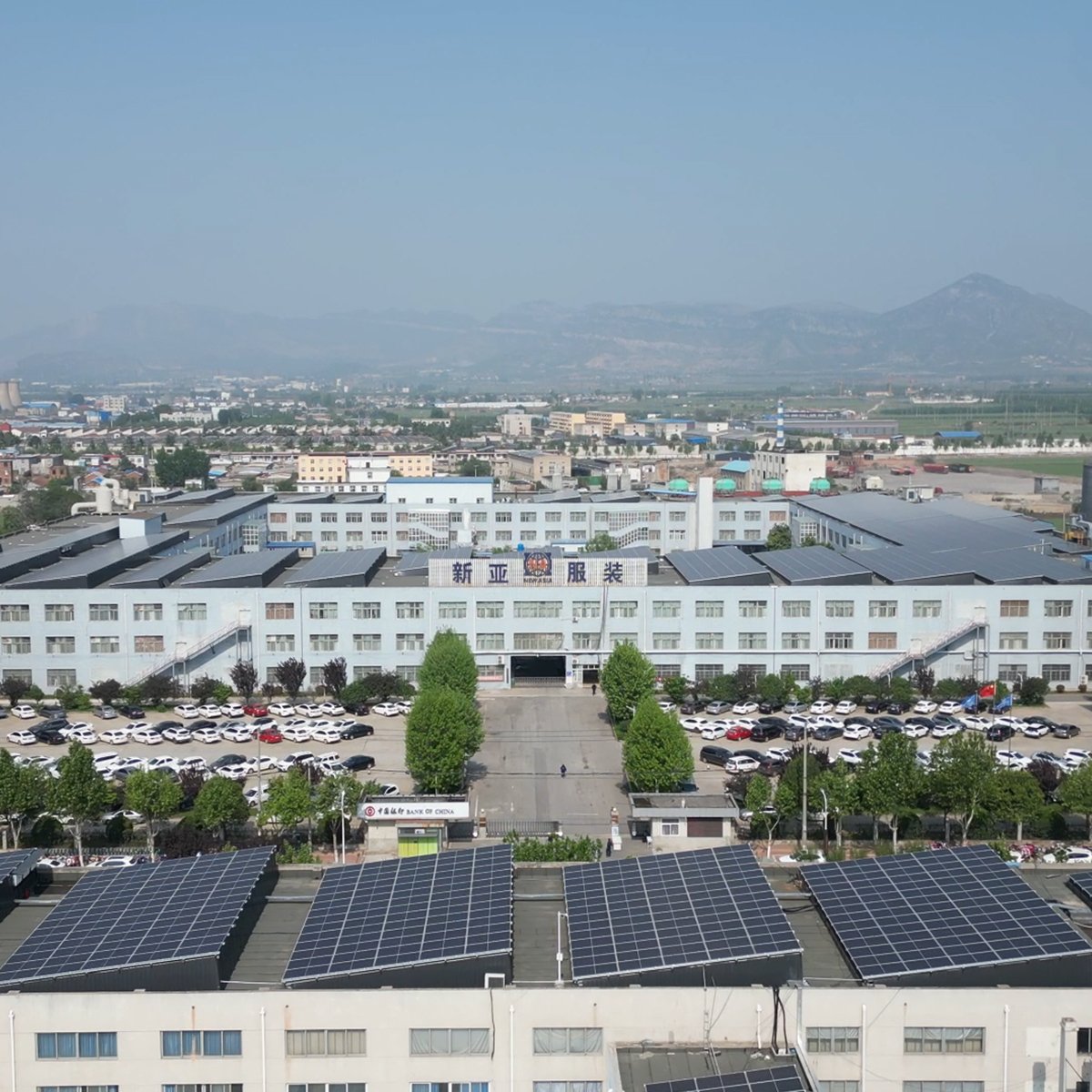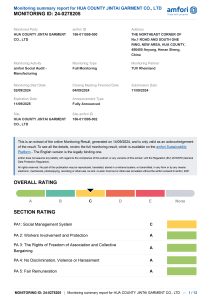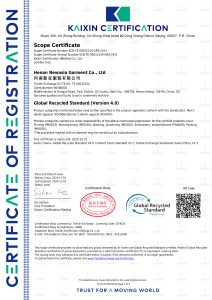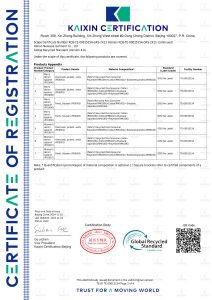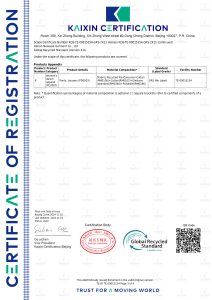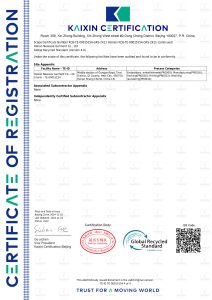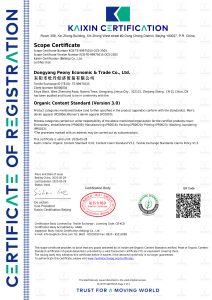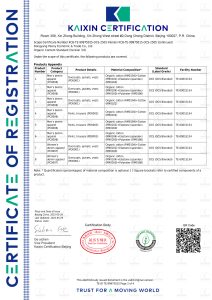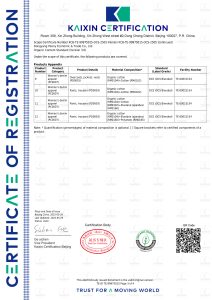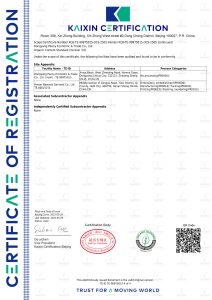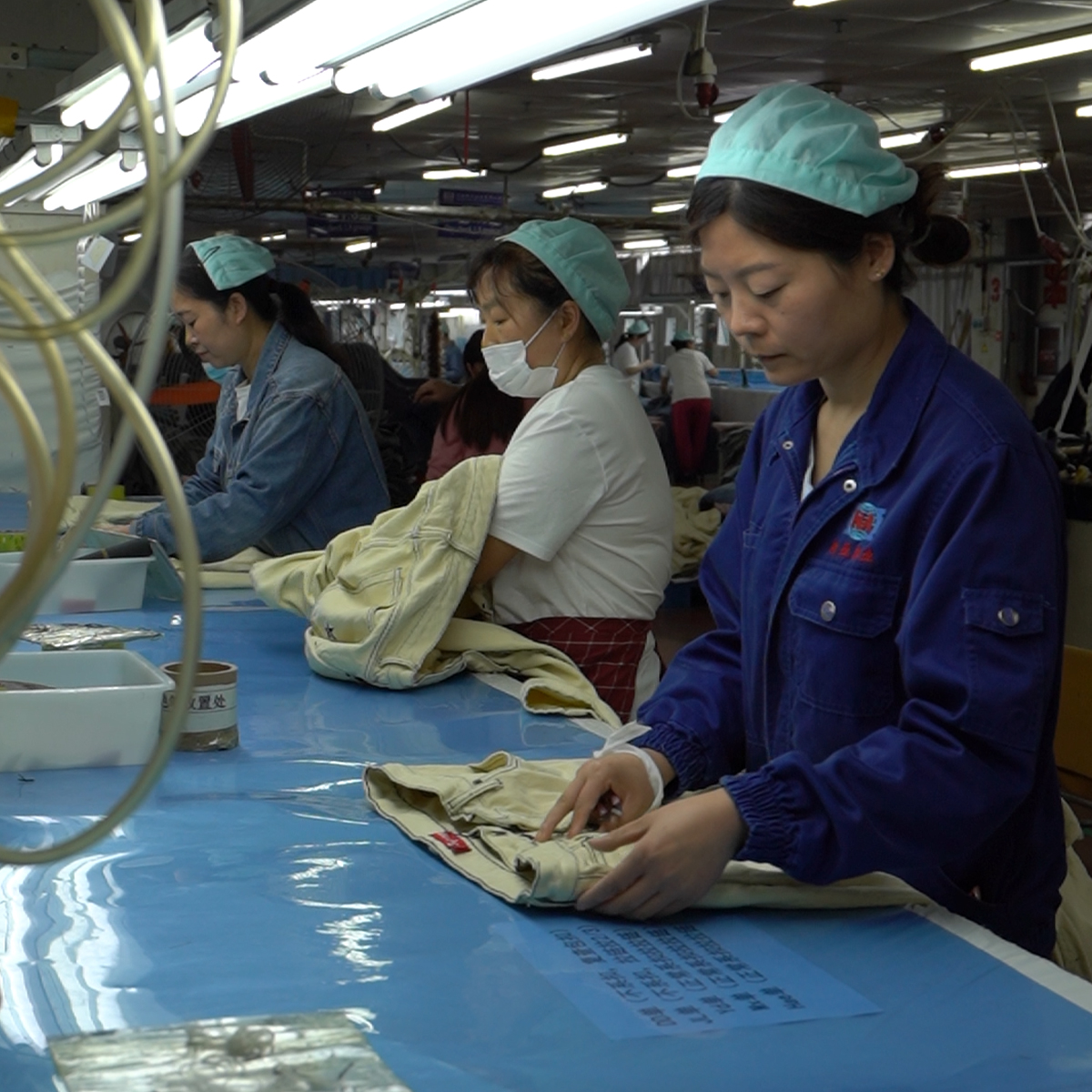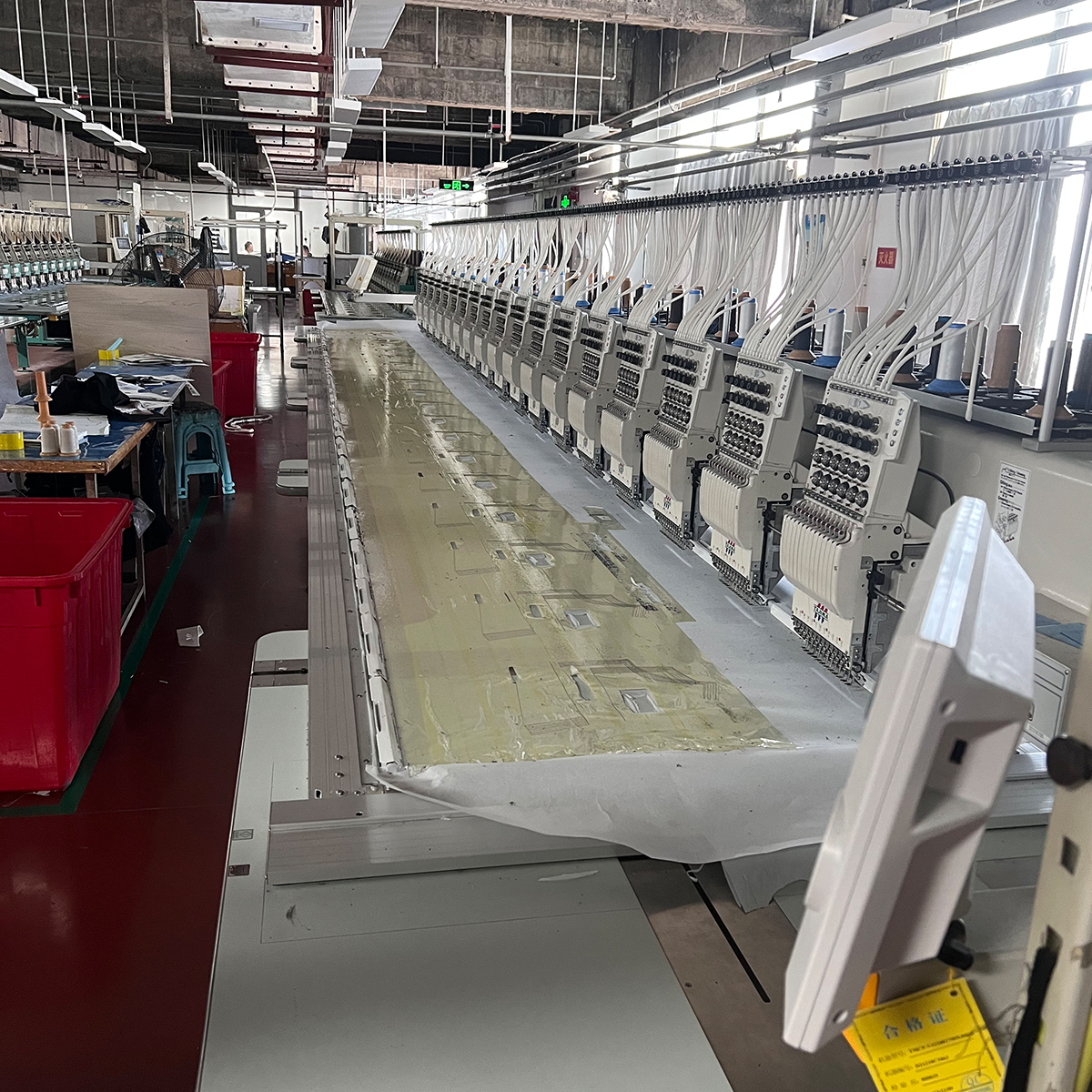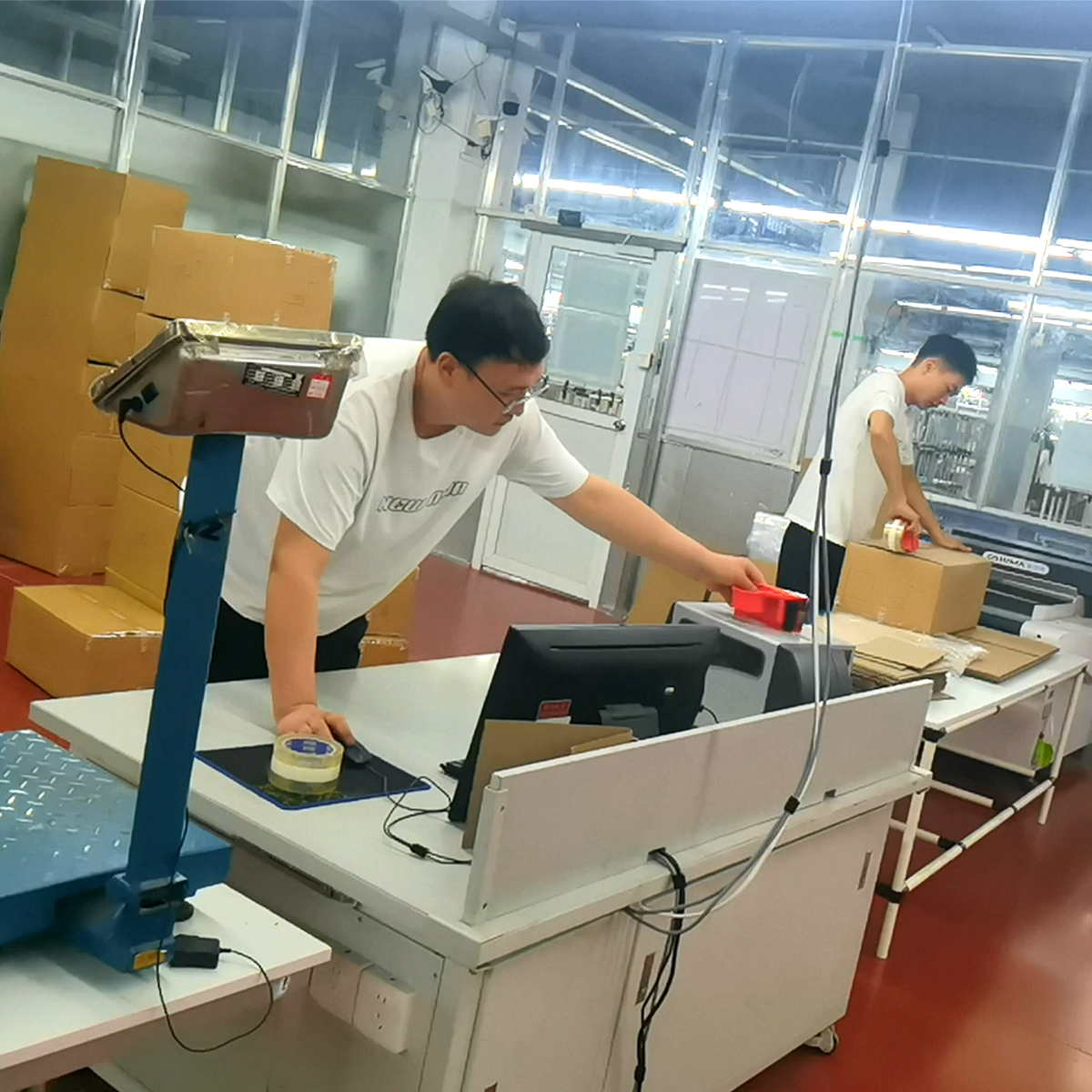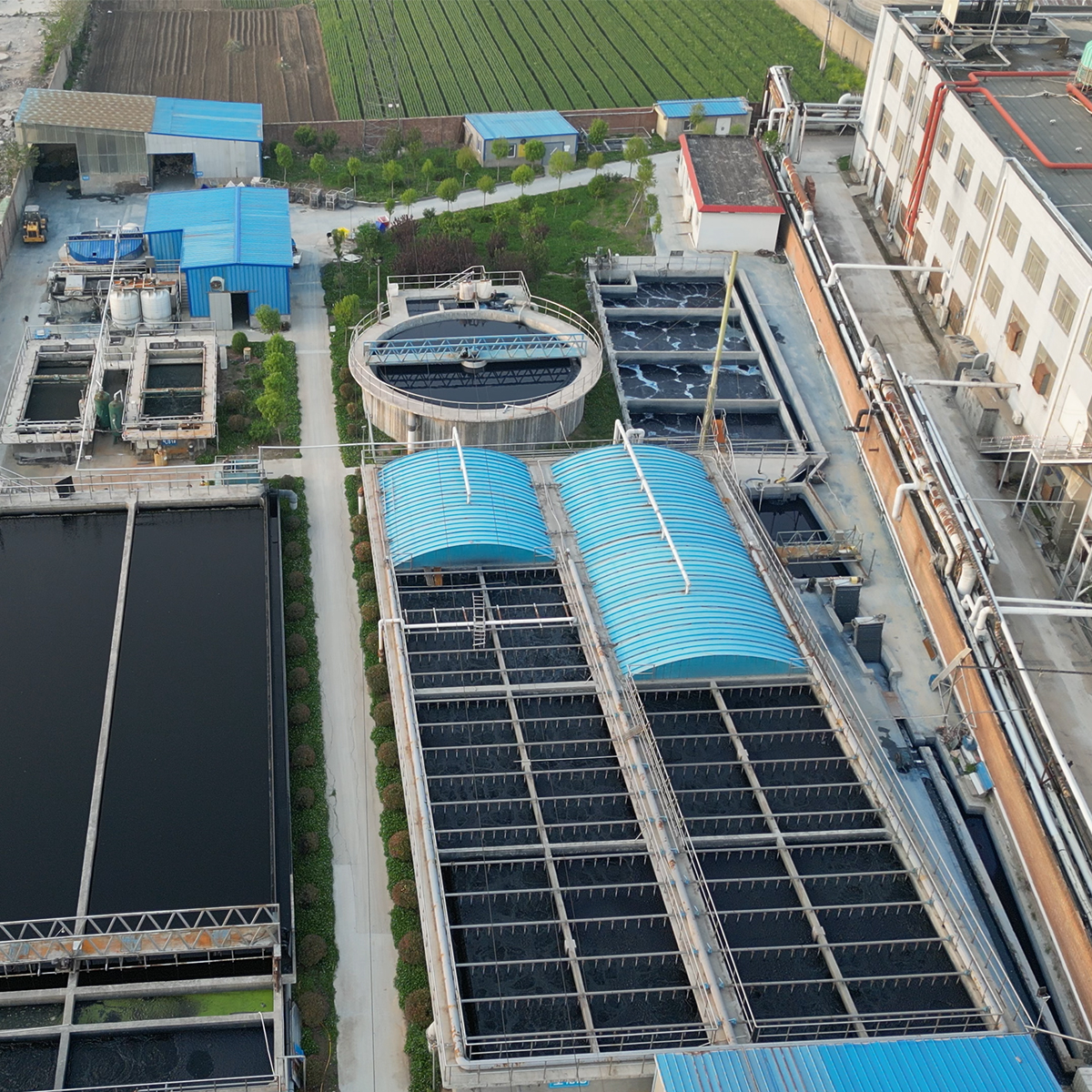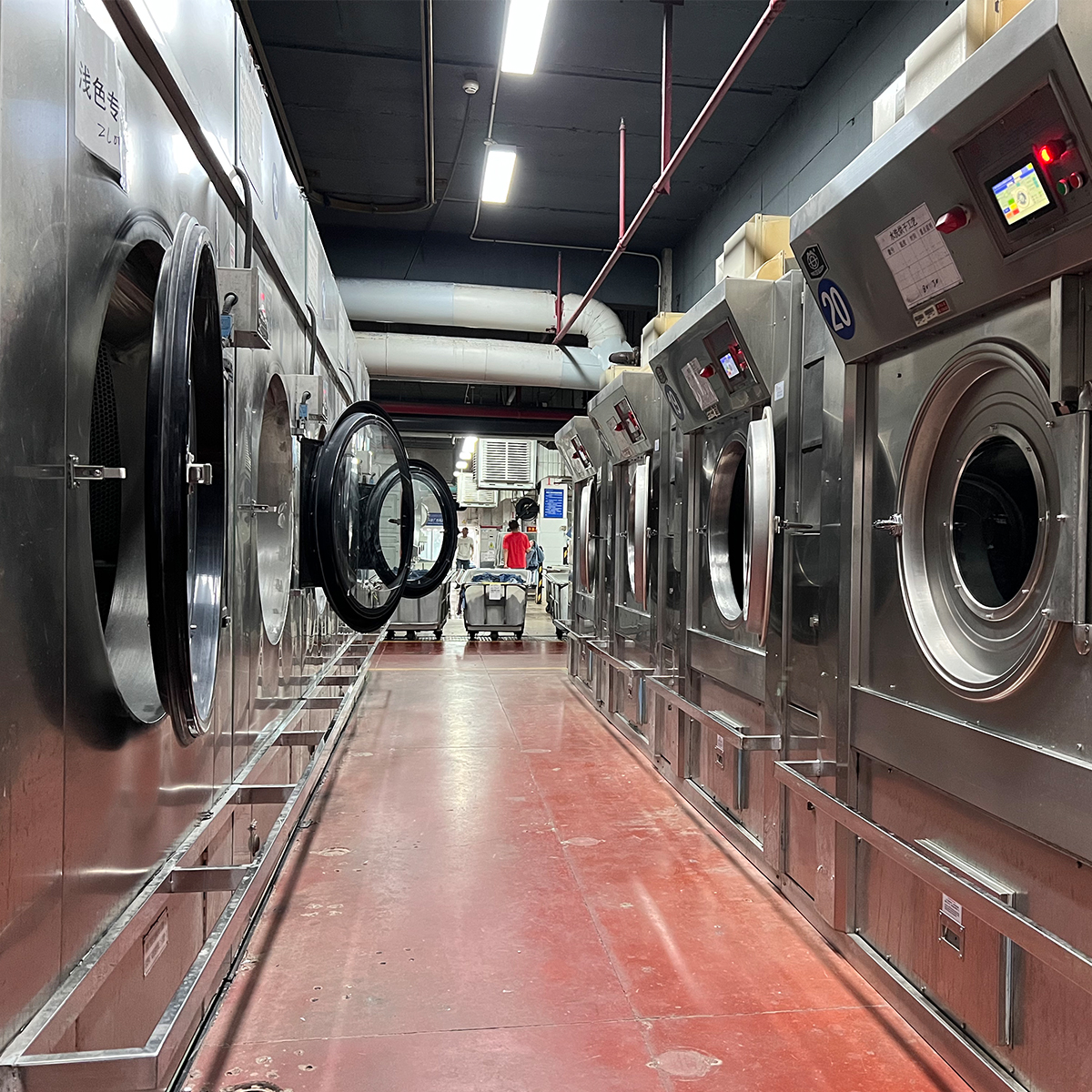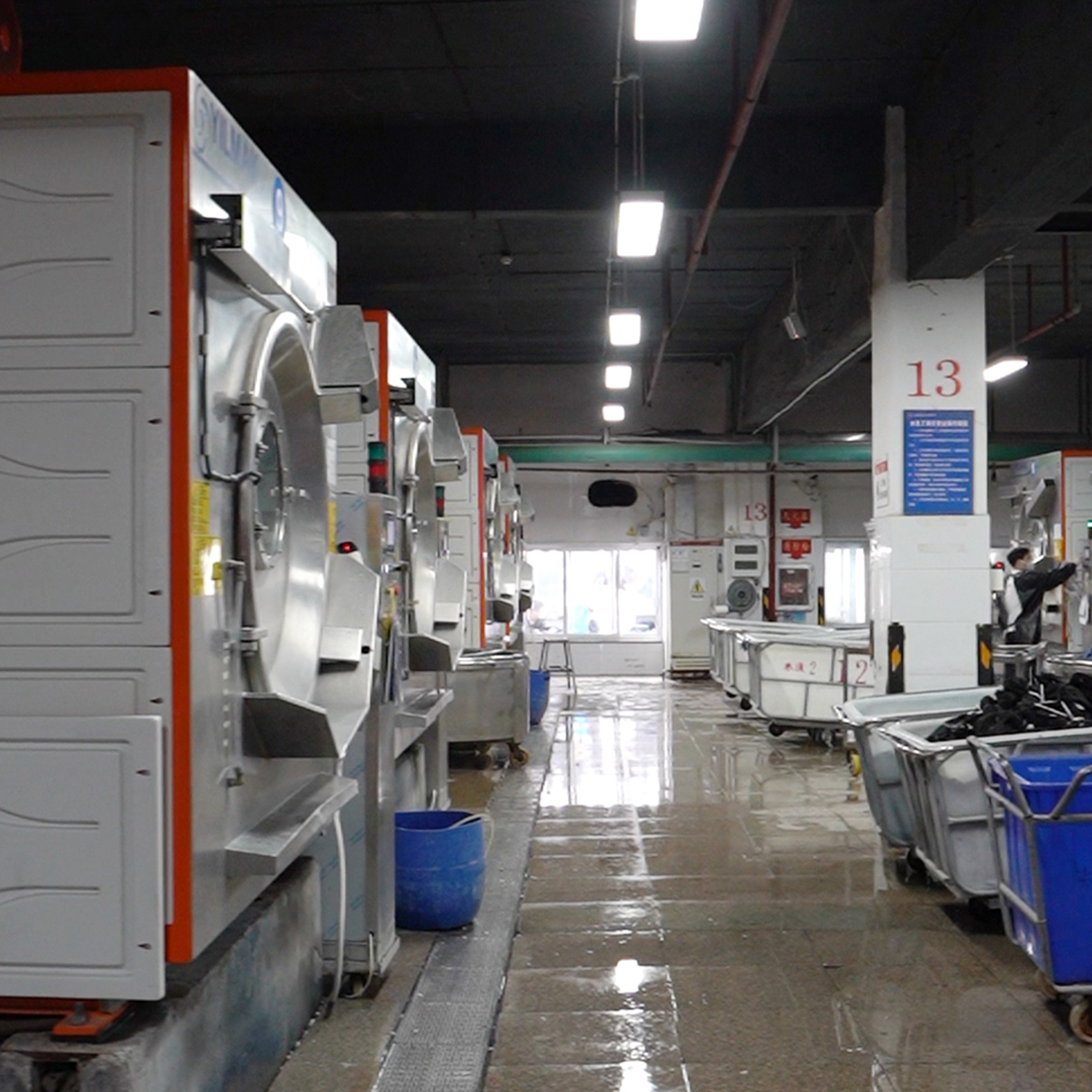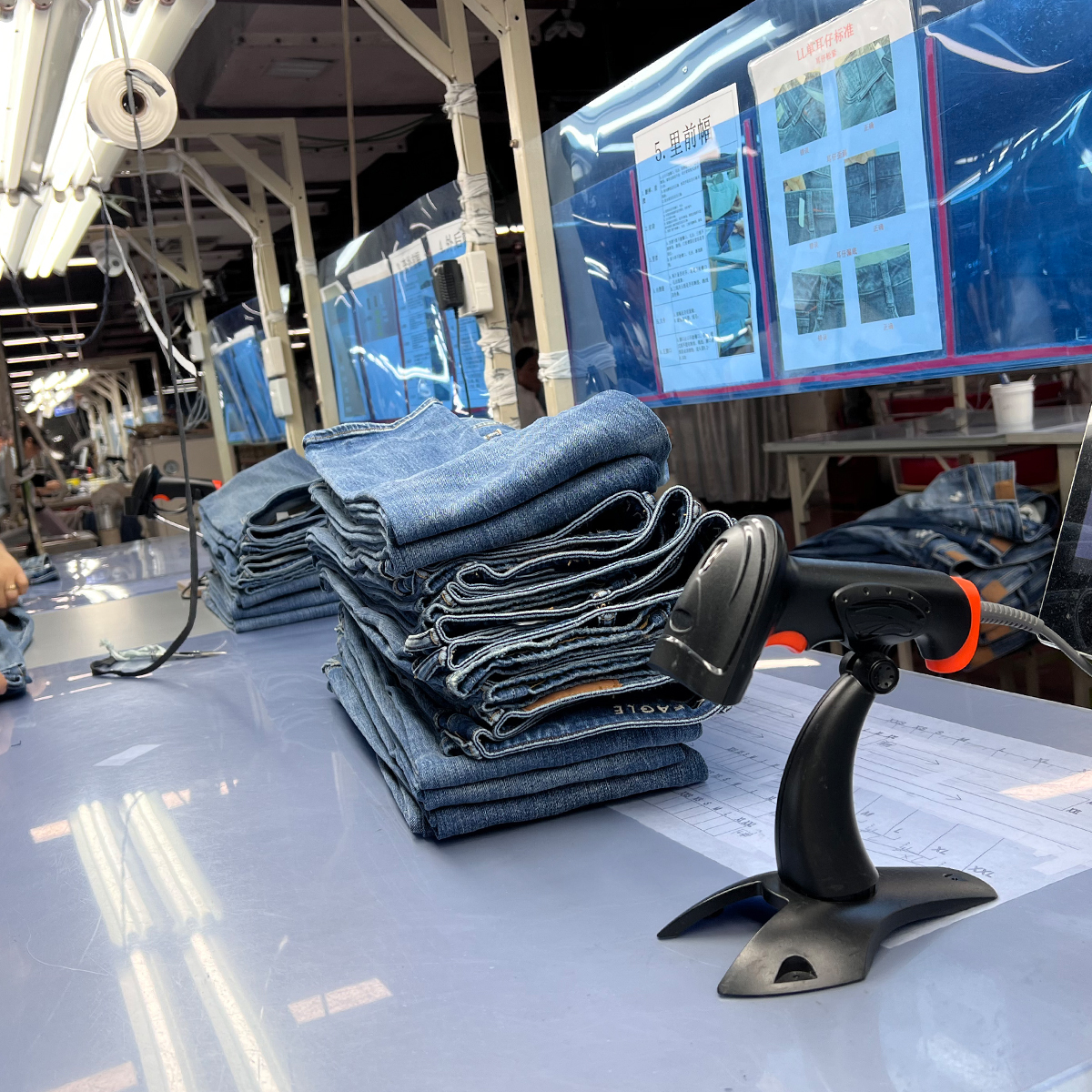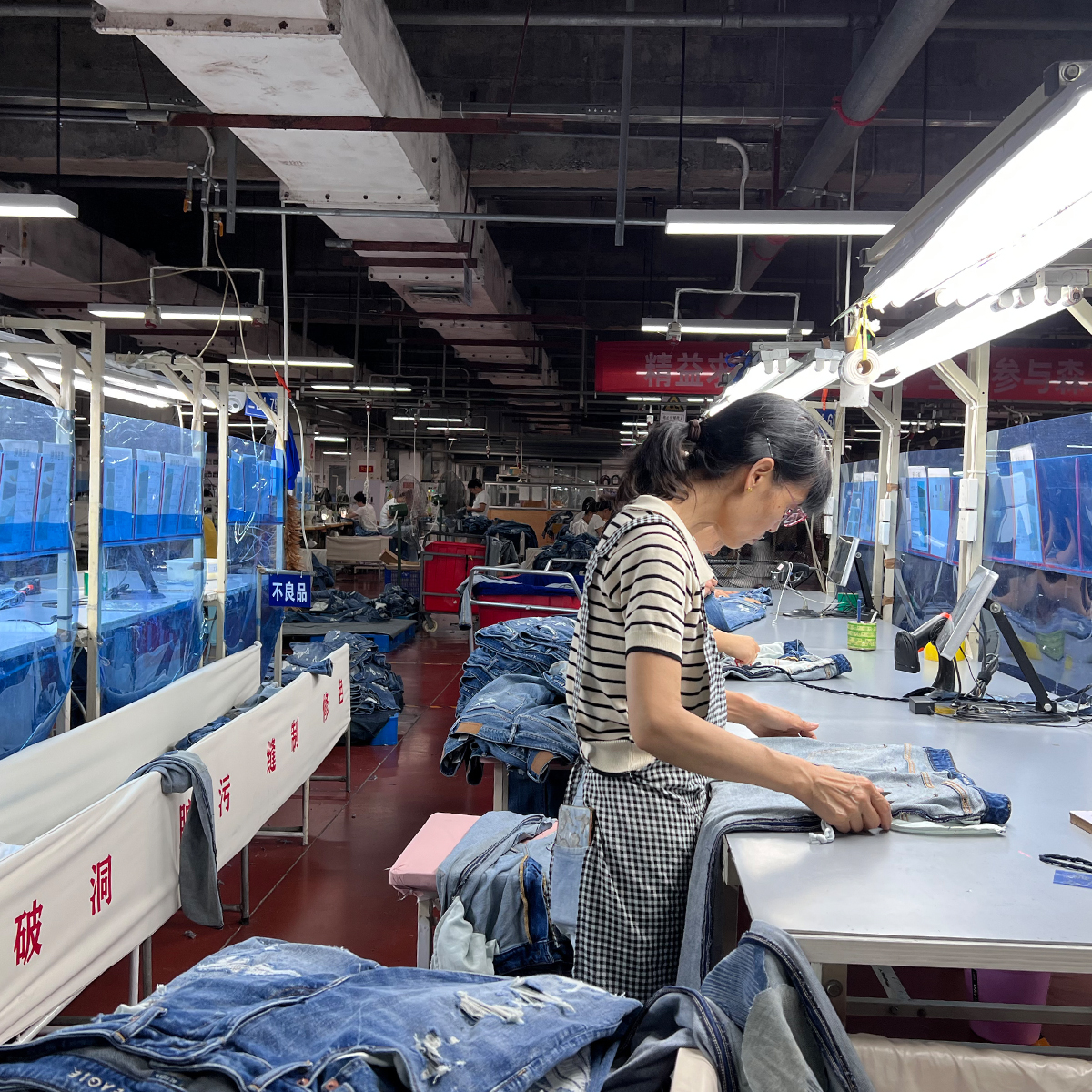Denim is a staple in wardrobes around the globe, but the environmental impact of traditional denim manufacturing has come under scrutiny. As consumers become increasingly aware of sustainability, many brands are making strides toward eco-friendly practices. One of the most significant metrics to consider in sustainable denim production is water usage. In this blog, we will compare the water consumption of several major sustainable denim manufacturers, exploring how they balance style with environmental responsibility.
The Denim Industry’s Water Footprint
The production of denim is notoriously water-intensive, requiring up to 10,000 liters of water for a single pair of jeans. This staggering statistic raises questions about water conservation efforts in the textile industry. Sustainable denim manufacturers are stepping up to address these issues, implementing innovative technologies and practices to reduce water consumption while maintaining high-quality products.
Key Players in Sustainable Denim
In our comparison, we’ll focus on four major brands that have committed to sustainable practices: Levi’s, Nudie Jeans, G-Star RAW, and Outerknown. Each of these brands has taken unique approaches to minimize water usage and enhance sustainability.
Levi’s
Levi’s has long been a leader in the denim industry, and they are now at the forefront of sustainable practices. With their WaterLess techniques, they aim to reduce water consumption by up to 96% in some processes. For instance, their new finishing methods, such as stone washing and fading, utilize far less water compared to traditional methods. In total, Levi’s has saved over 1 billion liters of water since they launched their initiative.
Nudie Jeans
Nudie Jeans, a pioneer in organic cotton denim, focuses both on sustainability and transparency. Their production methods cut water usage significantly, especially in the washing and finishing processes. They have reduced water usage by 50% compared to conventional denim production. The brand prides itself on its ethical supply chain and transparency about water consumption, providing detailed information on their website about their manufacturing processes.
G-Star RAW
G-Star RAW is recognized for its commitment to sustainability and innovation. The brand uses a process called Waterless technology, which allows them to produce denim with much less water—up to 90% less in some instances. G-Star also invests in initiatives to clean up water pollution in manufacturing countries, making them an influential player in the sustainability movement within the denim sector.
Outerknown
Founded by surfer Kelly Slater, Outerknown thrives on its environmental commitment. The brand uses responsibly sourced materials and innovative water-saving technologies. Although specific figures on water usage are less prominent compared to Levi’s or G-Star RAW, Outerknown’s dedication to sustainability is reflected in their holistic approach to minimizing their environmental impact during production.
Water Usage Comparison: A Snapshot
| Brand | Water Usage Reduction | Notable Practices |
|---|---|---|
| Levi’s | Up to 96% | WaterLess techniques, finishing innovations |
| Nudie Jeans | 50% | Organic cotton, transparency in sourcing |
| G-Star RAW | Up to 90% | Waterless technology, water pollution initiatives |
| Outerknown | N/A | Responsible sourcing, sustainable production practices |
The Road to Sustainability
While the figures indicate progress, the denim industry still has a long road ahead. It’s crucial for consumers to understand the water consumption narratives behind the brands they support. By choosing to purchase from companies that prioritize sustainability, consumers can encourage a shift in the industry toward more responsible practices. Sustainable denim isn’t merely a trend; it’s a necessary evolution in manufacturing aimed at preserving our planet’s vital resources.
Consumer Impact and Choice
The role of the consumer is powerful. As demand for sustainable products increases, manufacturers are compelled to adopt more sustainable practices. It is essential for consumers to educate themselves about the brands they purchase from and to hold them accountable. By opting for brands that demonstrate transparency regarding their water usage and sustainability efforts, consumers can actively participate in creating a more sustainable future.
Innovations on the Horizon
As technology continues to evolve, we can expect further advancements in denim manufacturing that focus on water conservation. From digital printing processes to innovative dyeing technologies that drastically reduce water use, the outlook for sustainable denim is promising. Additionally, collaborative efforts among brands, NGOs, and governments can amplify these innovations, fostering a culture of sustainability within the industry.
Final Thoughts
The environmental impact of denim production is a pressing concern, making it imperative that brands and consumers alike commit to sustainable practices. Through our comparison of major sustainable denim manufacturers, we can see a positive trend towards water conservation. With continued innovation and consumer awareness, the future of denim can be both stylish and sustainable.



